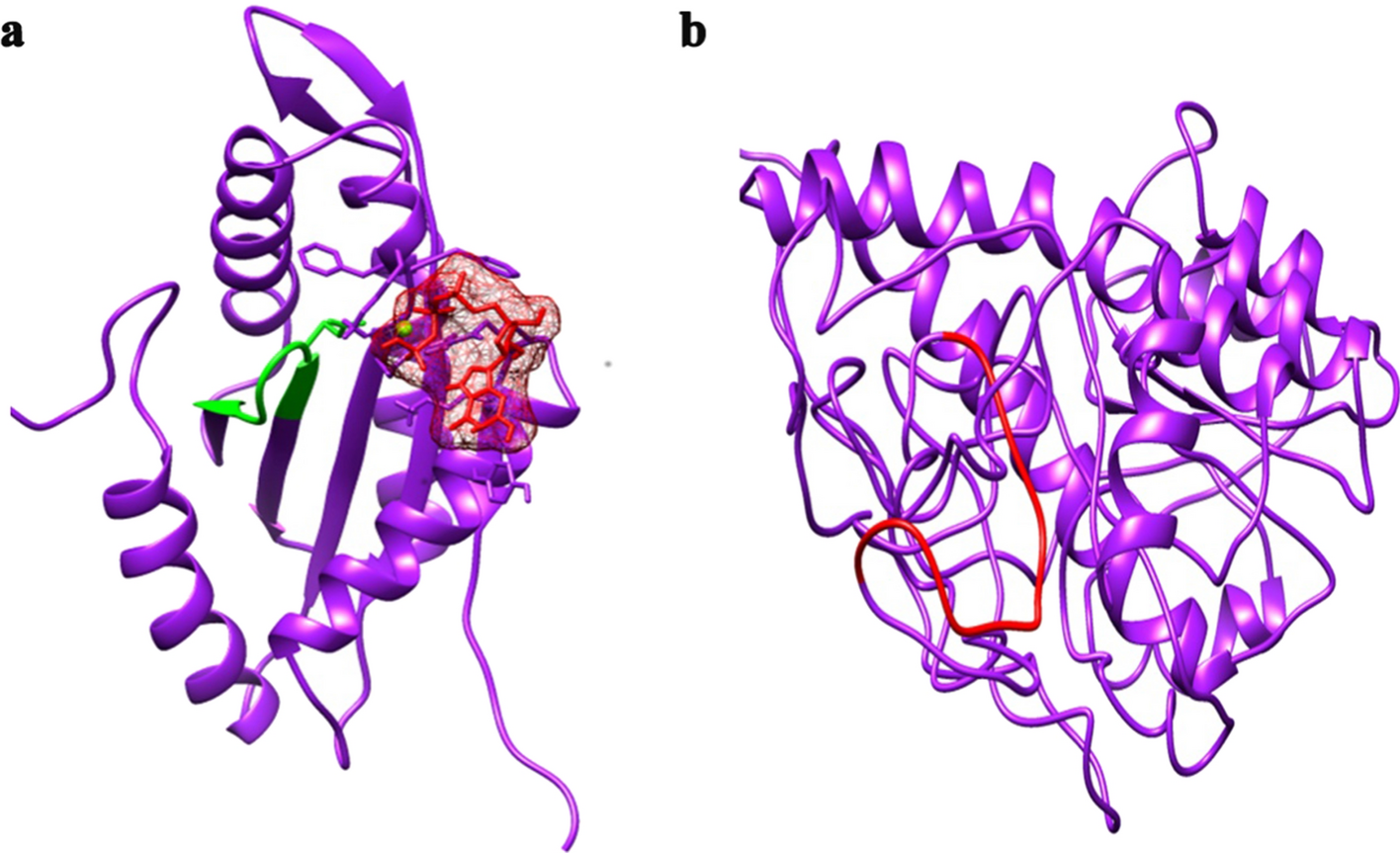Apply for ANRF National Post Doctoral Fellowship (N-PDF) — Join Our Lab!
We invite motivated early-career researchers to apply for the ANRF N-PDF fellowship through our lab. Benefit from expert mentorship, excellent resources, and full application support.
Eligibility: Indian PhD holders under 35 years.
Deadline: June 30, 2025
Interested? Contact us at jitendra.igib@csir.res.in to get started!
More info: https://anrfonline.in/ANRF/npdf
SSR Insights: Recent Studies in Extremophiles
Jitendra lab published a work on SSRs repeats !
Using lengthy simple sequence repeats(SSRs), we investigated the genomic evolution of extremophilic bacteria. In the genomes of extremophilic bacteria, the frequency of occurrence, relative abundance (RA), and relative density (RD) of long SSRs were investigated. Rhodoferax antarcticus has the most RA and RD of long SSRs (110.6 and 1408.3) in its coding sequences, followed by Thermus aquaticus (77.0 and 1187.4).

G + C content was found to have a positive connection with the RA–RD of long SSRs. Others, such as Geobacillus kaustophilus, Geobacillus thermoleovorans, Halothermothrix orenii, R. antarcticus, and T. aquaticus, favoured a higher amount of tetranucleotide repeats in their genomes. The presence of these long SSRs in metabolic enzyme producing genes relevant to stress tolerance was discovered using gene enrichment. Three-dimensional protein structure modelling of the SSR containing diguanylate cyclase (DGC) gene producing protein was used to investigate the functional consequences of SSR insertions. The removal of the SSR sequence resulted in the simulated protein structure folding incorrectly and becoming unstable.
More at https://link.springer.com/article/10.1007/s00792-022-01265-0

